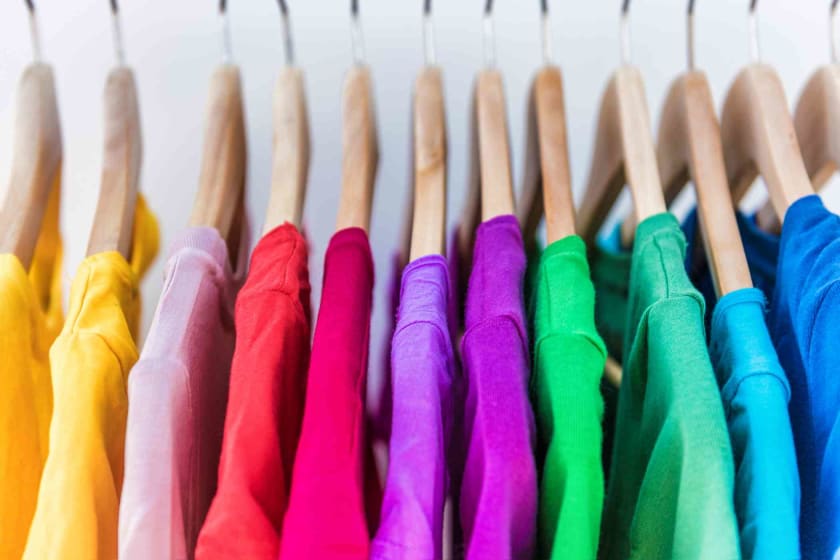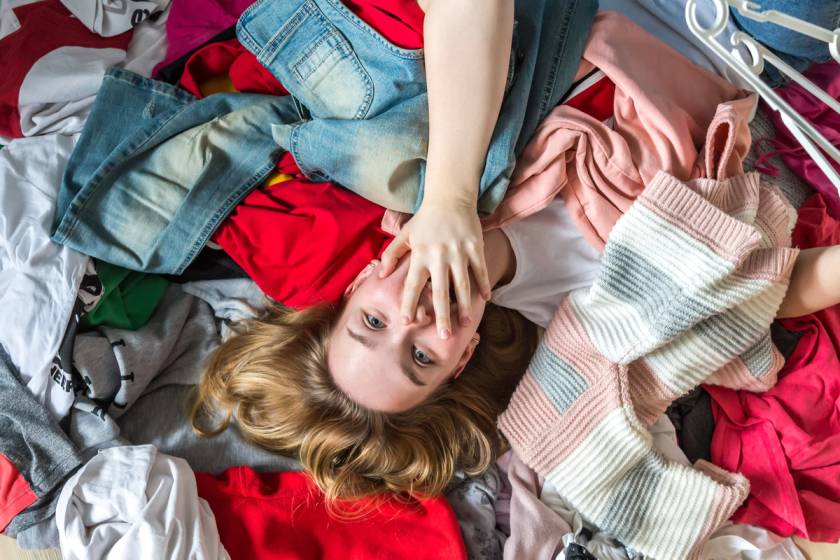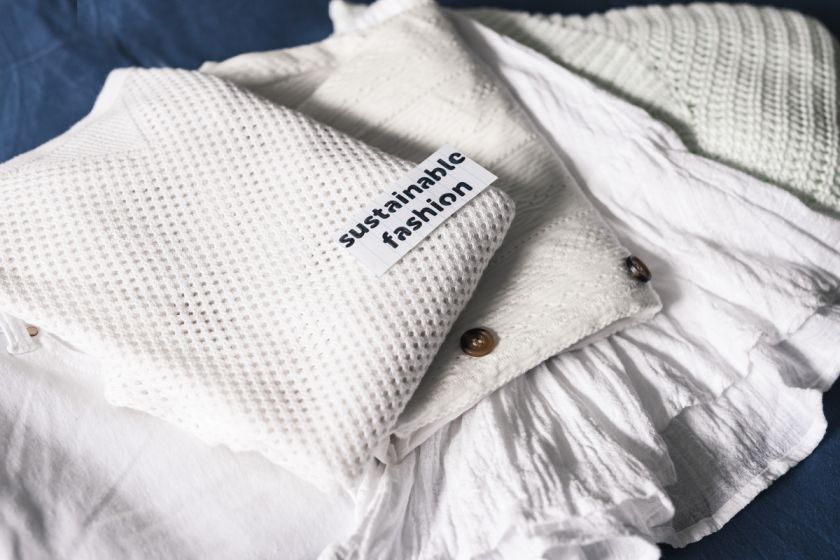Ethical Fashion VS Fast Fashion: Comparing And Contrasting Ethical Fashion



What is Fast Fashion?
Over the years, fast fashion has garnered a significant amount of momentum. Fast fashion is the technique of copying trends and designs from runway shows of well-known fashion designers. The fact that they are inexpensive allows them to be widely used by fashion-conscious people. In this business strategy, an innumerable number of fast fashion brands have launched collections in the market at an extraordinary speed. Fast fashion collections reflect the latest fashion trends. They are fueled by what celebrities and designers are currently interested in.
Fast fashion is defined as lower-quality, lower-priced, mass-produced, and machine-made items that are quickly discarded and disposed of in landfills as a result. As soon as feasible, once these trends emerge, they are duplicated to move things as rapidly as feasible till the next trend appears. Although it's obvious that unethical practices drive fast fashion, this is exactly why it is possible. Large retailers take advantage of their employees to accomplish the rapid and low-cost distribution of clothing, as well as high levels of consumer demand.
Fast fashion production and consumption

Production in the fast fashion business is frequently criticized, especially when it comes to low-cost labor. Due to the short amount of time it takes to produce, often more environmental and labor harm is caused. The market for collections is always evolving, resulting in a huge increase in the number of collections produced each year. In addition, chemical fibers such as polyester are frequently utilized in the creation of fast fashion, which has significant environmental consequences. The fact that these fibers are derived from crude oil, which produces huge volumes of CO2, means that they are detrimental to the environment.
Consumers in western nations have grown accustomed to receiving textiles at exceptionally low prices. In addition, consumers tend to purchase more than they would if they were purchasing high-quality clothing at a greater price.
What is ethical fashion?
In the fashion industry, the phrases "ethical" and "sustainable" are sometimes used interchangeably, with both appearing to reflect commitment to slow fashion and appreciation for the industry's impact on people and the environment. Ethical fashion is a concept that refers to a method of fashion creation and consumption that is environmentally friendly and socially responsible. Ethical fashion, as the name implies, is concerned with social charity and worker protection at every stage of the garment manufacturing process.
Its increasing productivity is good for everyone since it benefits everyone in the supply chain, and not especially for top-level people. Slow fashion manufacturers put attention and consideration into every stage of the process, from the beginning of the design process to the end of the purchase, resulting in things that are meant to be worn once and then discarded. Sustainable fashion brands are focused on their societal impact as well as the ethics underlying their name.
Ethical Fashion Production and Consumption

A priority for slow fashion or ethical fashion is the use of high-quality materials and ecologically-friendly manufacturing processes. Slow fashion goods are typically made up of natural fibers, such as cotton, and are hence affordable. Since these fibers are biodegradable, they pose no threat to the environment. Furthermore, closed water systems are frequently employed in the manufacturing industry to ensure that water is reused and that colors do not enter the wastewater stream. Most supply chains are short since production is frequently done locally, instead of in distant manufacturing centers.
Sustainable fashion brands are gaining popularity as people become more aware of the negative impact the fashion industry has on the environment. Clothing that can remain in good condition for a long period and loses neither its shape nor color after the occasional wash is highly valued. Climate change plays a significant role in this, as more and more brands are emerging that adhere to the slow fashion concept of production.
Ethical fashion is becoming quite popular these days
One of the advantages of purchasing from sustainable firms is that many of them will be upfront about their business operations. Your money will most likely be re-invested in the support of local farmers and workers because you are aware that you have been paying for quality. Slow fashion firms go to great lengths to source eco-friendly materials, as well as local farmers and manufacturers, to not only encourage local growth but also to reduce the pollution generated by travel and transportation.
Conclusion
When buying something, be careful of how many times you'll wear it, how often you'll get rid of it, and whether or not you'll wear it. So, before you go shopping, do some research on the brands you are considering purchasing from, whether they are fast fashion brands or ethical ones.



















